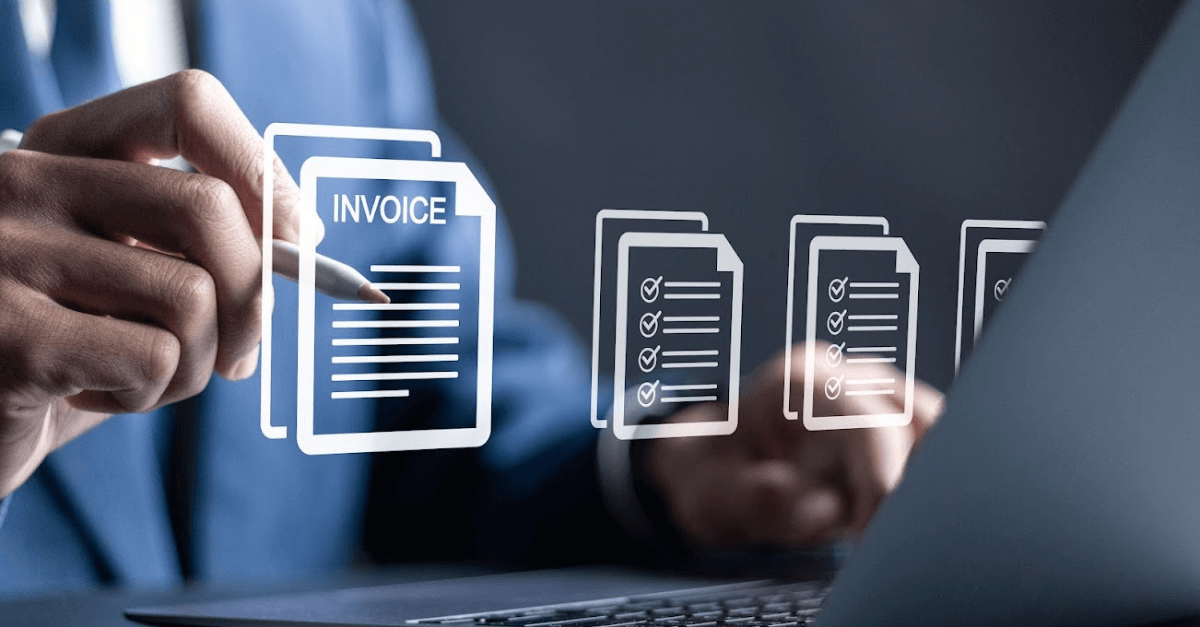E-reporting in Bart De Wever's super nota
In the so-called 'Super nota by Bart De Wever,' Article 97 states that the government will introduce 'real-time invoice reporting.' What does this mean? How is it related to 'e-invoicing' or electronic invoicing? What does it entail for companies? In this blog, we will delve deeper into this topic.

What is real-time invoice reporting?
Real-time invoice reporting is also known as e-reporting. It means that the government will receive a copy of the data from each invoice immediately after it is issued. This allows the government to continuously monitor invoice data, and in the future, VAT declarations will no longer be necessary. Internationally, this is called a 'continuous transactions control (CTC) system.' It can be compared to a sort of 'white cash register' for every company, where there is much more direct government oversight.
How is it related to electronic invoicing?
As of January 1, 2026, it will be mandatory for all VAT-registered companies to exchange e-invoices with each other. These e-invoices will be created in a structured electronic format. Belgium has chosen the Peppol format and network. E-invoicing has many advantages for companies: there will be no need to OCR (optical character recognition) or manual intervention to invoices into accounting programs, the exchange of invoices happens via a secure network, it's better for the environment, and storage costs are reduced.
Because the invoices are in a structured electronic format, the government will be able to monitor them more effectively using computer software and big data analysis.
What does this mean for companies?
When choosing an e-invoice provider, it's important to check whether the provider is already preparing for e-reporting and if they adhere to the highest security standards. Delivering invoice data to the government will become the provider's role.

Preparing for the future of e-reporting with Unifiedpost
At Unifiedpost, we recognize that evolving regulations in tax and ESG compliance are reshaping the way businesses operate. We empower companies of all sizes to not just navigate this changing landscape, but to thrive within it, offering solutions that ensure seamless compliance and fuel growth.
Our platform is designed to scale with your business—whether you're expanding in size, geography, or entering new industries. We combine the key elements of business transactions—documents, payments, and products—underpinned by trust, making it effortless to buy, sell, and remain fully compliant with all regulations.

With Unifiedpost, businesses can:
- Stay ahead of e-invoicing and e-reporting compliance requirements
- Streamline sales and purchase processes, from quotes to orders and invoices
- Manage payments efficiently with integrated payment accounts and debit cards
- Optimise product data management, including accurate tax classification and validation
All of this happens within a trusted network, safeguarded by personal and organisational identity wallets that meet the highest security standards, fully aligned with the upcoming eIDAS 2.0 regulations.
At Unifiedpost, we're your partner for growth and compliance in a changing world. Contact us if you have any questions
Tell us your business needs, and we’ll find the perfect solution
Get in touch

